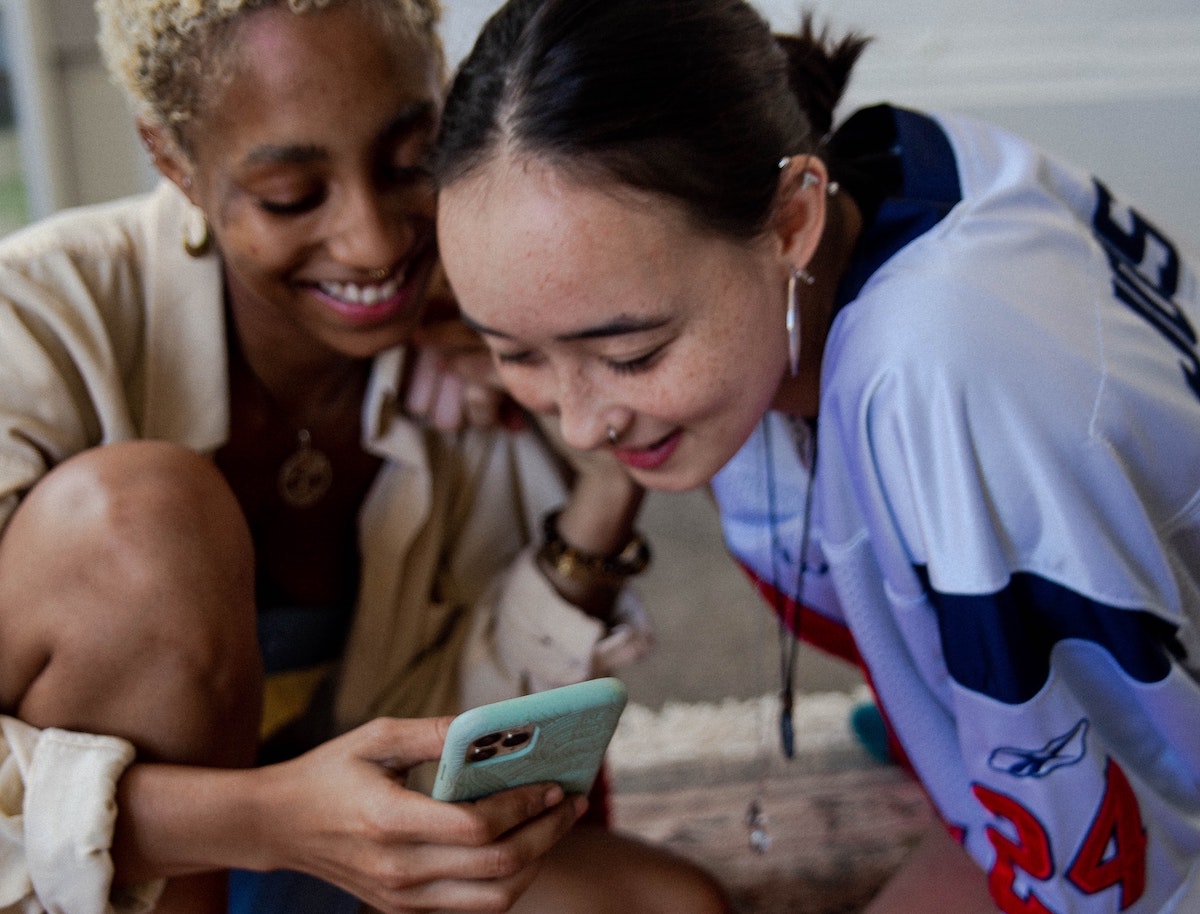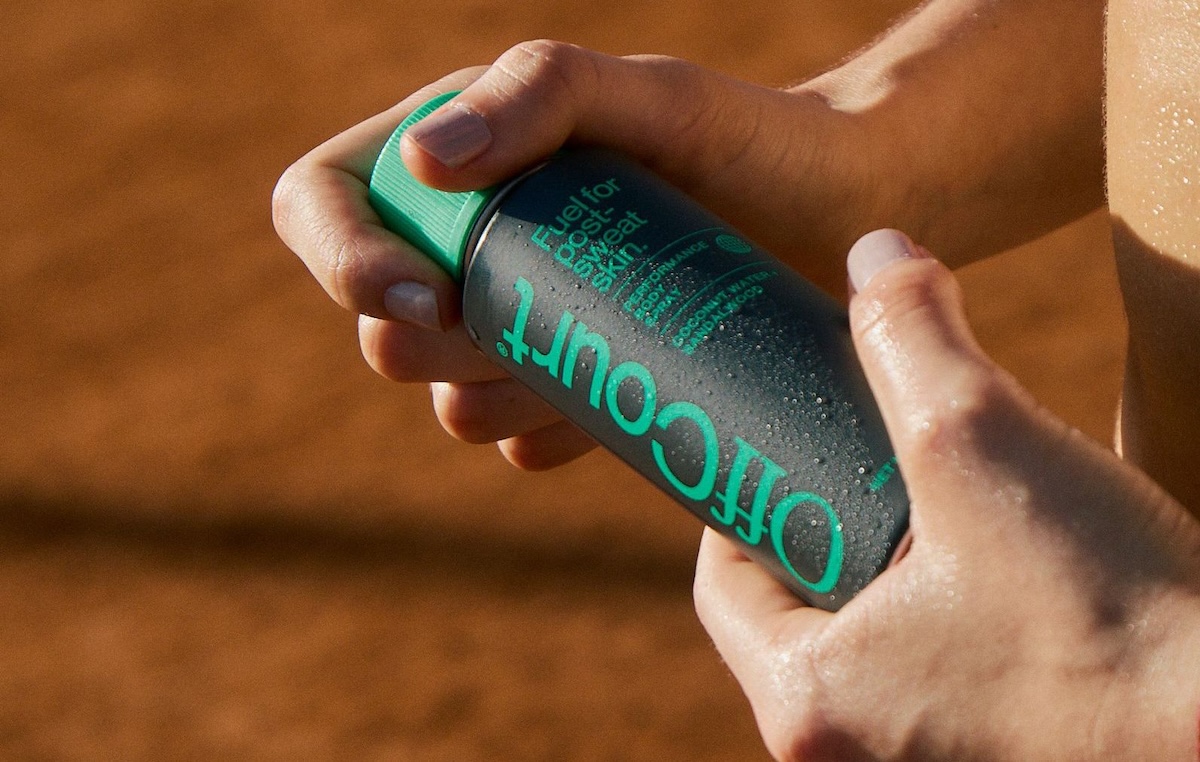From virtual visits to mental wellness and wearables, Gen Z could reinvent healthcare.
What’s happening: A study from Able Partners and Springbank Collective examined Gen Z’s take on the existing healthcare system. The result? The generation’s experience and preferences are radically different than generations past — even those of millennials.
Top of Mind
Leaning into holistic wellness and shedding long-held stigmas, the conversation around mental health has become part of Gen Zers’ identity.
- Only 45% feel they have “very good” mental health, while 46% report burnout in the workplace.
- 53% have a behavioral health condition, while 75% report anxiety and depression.
- 68% feel very or somewhat comfortable talking about their mental health, with 42% admitting to regular 1:1 therapy.
Nonnegotiable. By 2030, Gen Z will make up 30% of the workforce and command $2T in earnings. While they’re willing to pay out of pocket for well-being, 63% expect employers to offer mental health benefits, second only to a 401K program.
Moving forward, companies will need to revamp employee wellness and benefits for the younger generation, because how Gen Z seeks and accesses care is far from traditional.
TikTok Doc
Only 55% of Gen Z have a PCP. Instead, they’re piecing together care options themselves.
- 60% report being impacted by influencers on making healthcare decisions.
- Seeking holistic treatments, 50% use CBD/cannabis daily, 50% use a meditation app, and 30% want to explore functional medicine.
- 58% use a health tracker, and 62% track at least three health metrics through wearables, apps, or at-home tests.
Zoomers don’t Zoom. Over 55% are on their phone for five hours per day or more, but that doesn’t make them telehealth converts.
For those who do see a doctor, only 20% prefer video visits vs. 62% that prefer in-person, and only a third have used a healthcare-affiliated app.
Yet, a combined 69% indicated phone calls and texts were also a preferred method of communication — meaning, like the future of fitness, convenience is key.
Takeaway: Gen Z is taking a hybrid approach to improving well-being — as comfortable sitting in a doctor’s waiting room as they are getting advice from TikTok. That means—from healthcare to mental wellness to fitness—brands will need to rethink their rigid ways.


